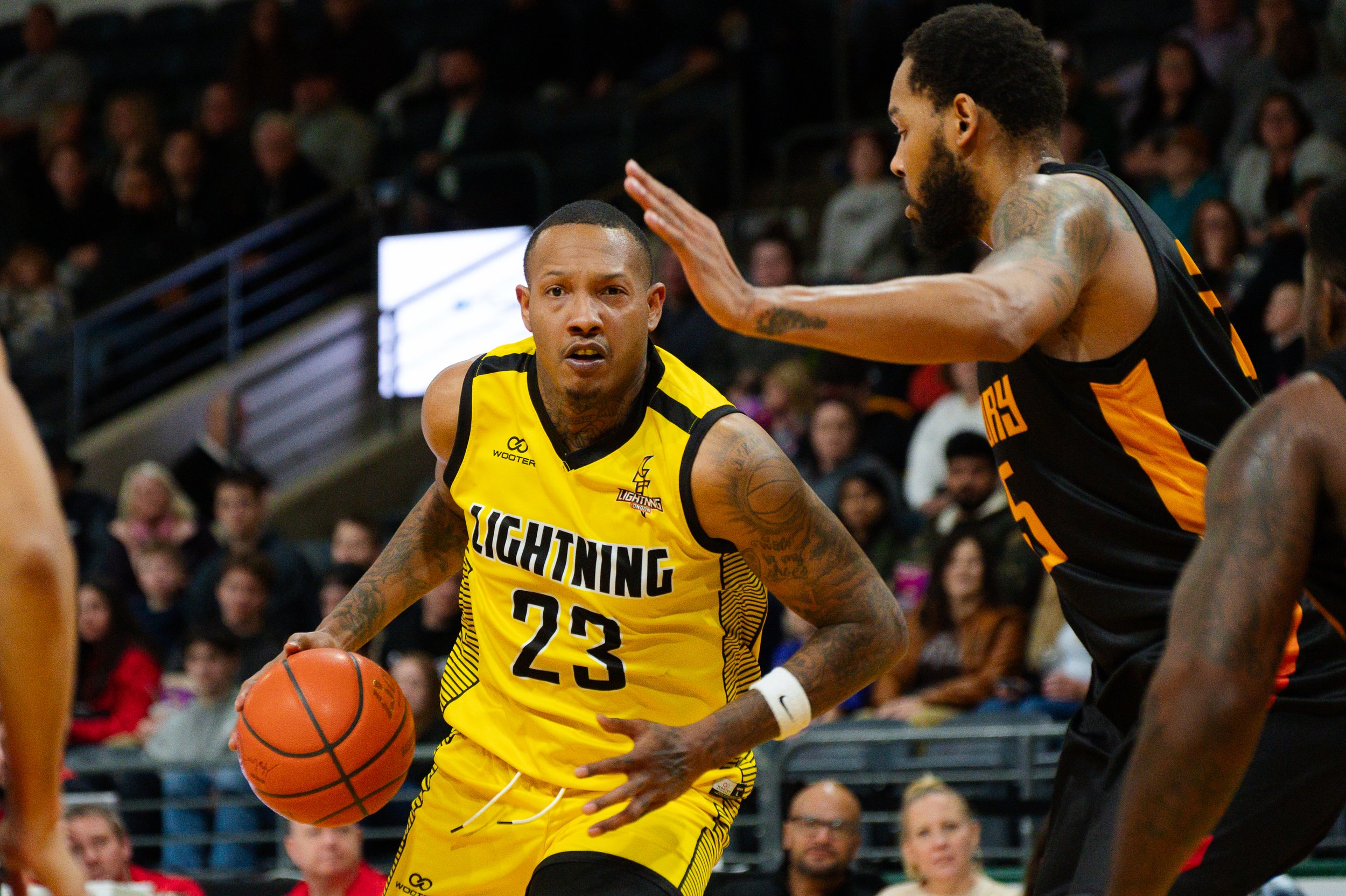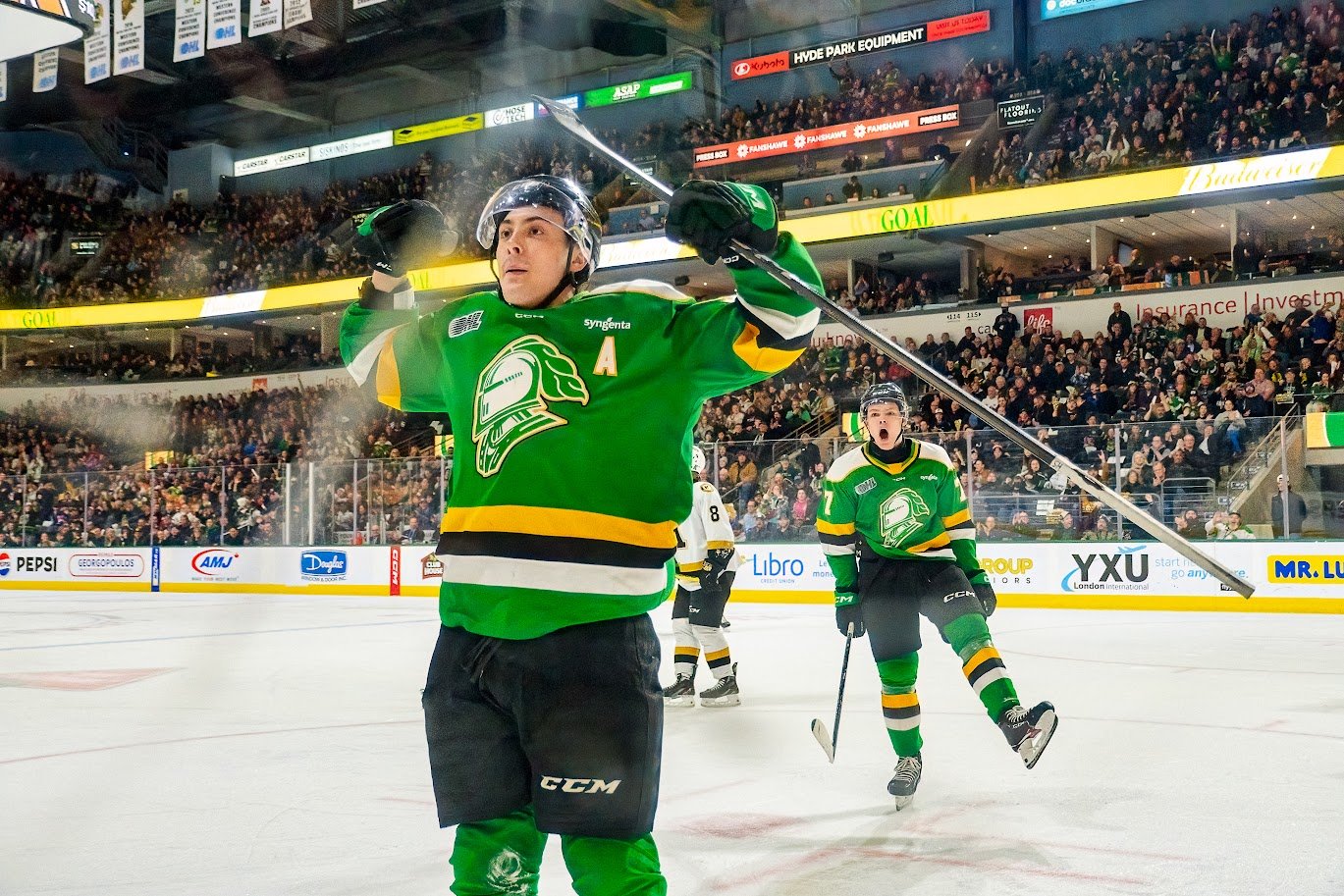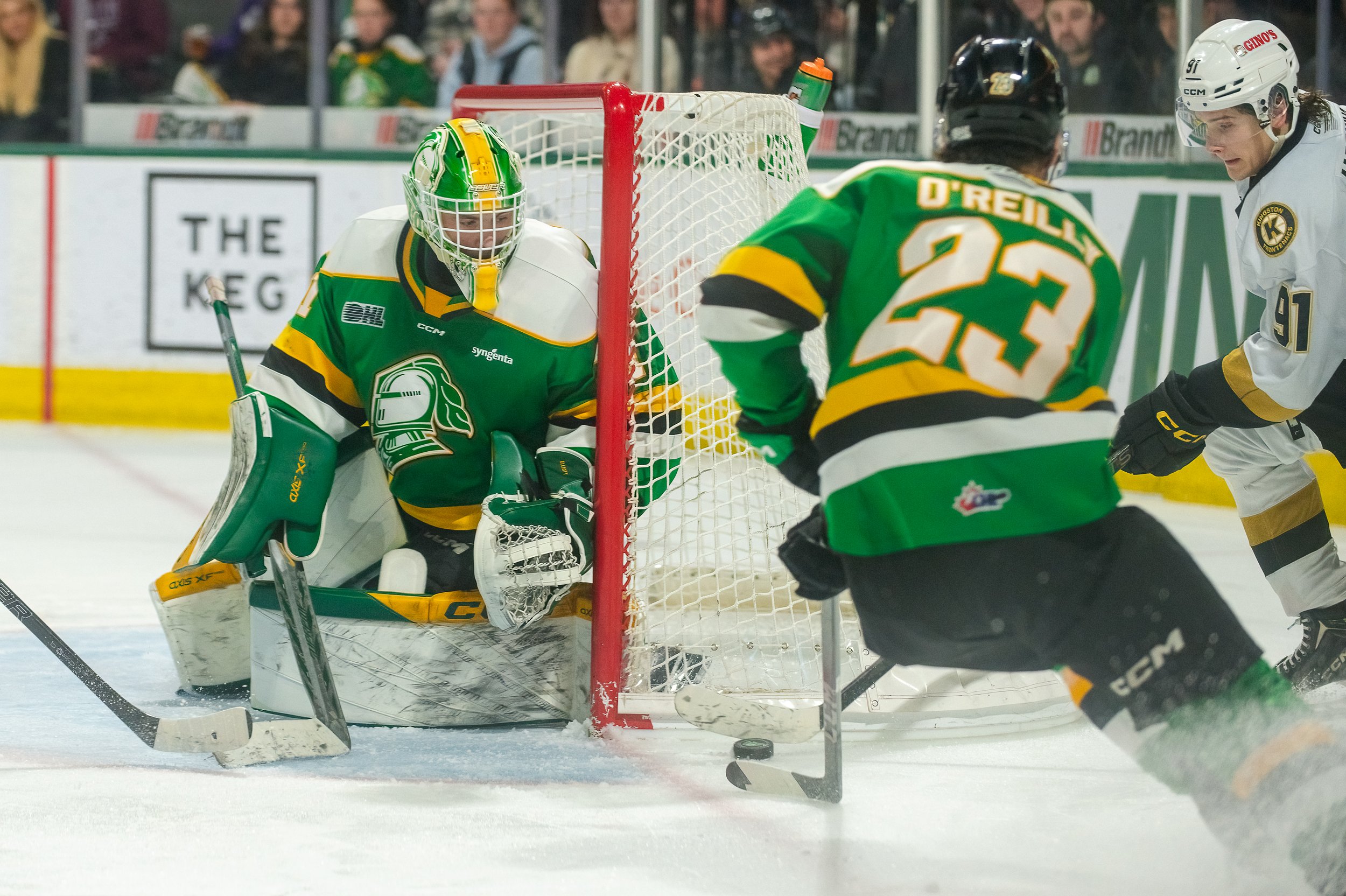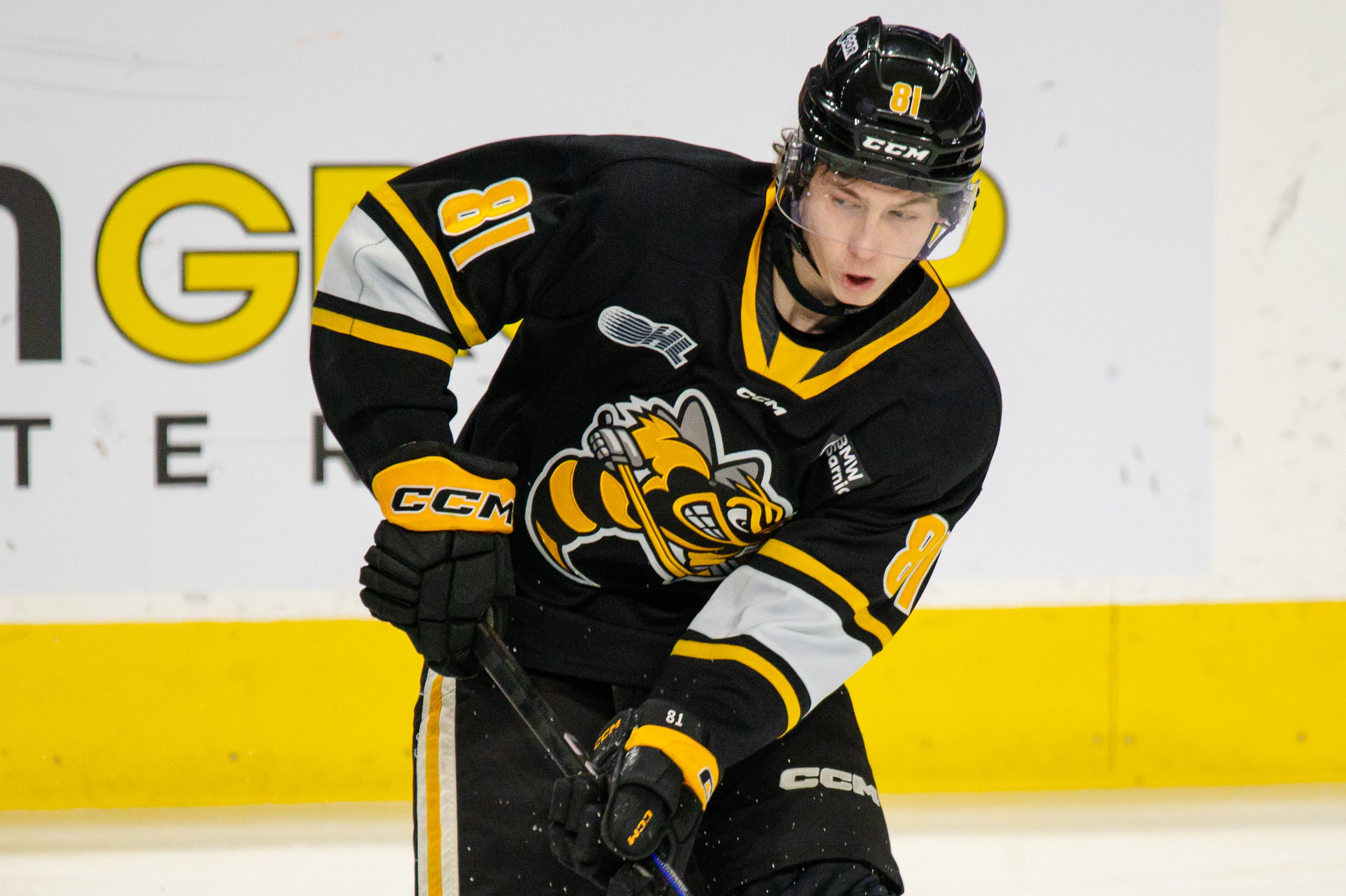Carleton reflects on sport’s push for social justice
Bridget Carleton, a London Ramblers alumna and WNBA pro, is proud to lend her voice — alongside her teammates — to the Black Lives Matter movement.
Carleton’s production increased across the board in her second season with the Minnesota Lynx — In 25 minutes per game, she averaged 6.6 points, 3.6 rebounds, and 2.5 assists (on 52 per cent shooting overall). (Photo: Ned Dishman).
For Bridget Carleton, a breakout season on the court may echo louder for her role off it.
The 24-year-old Minnesota Lynx guard/forward, one of only four Canadian players in the WNBA, had a front-row seat to one of the most socially significant seasons in sport history – a summer when she fought a fight she proudly embraced.
“Throughout the WNBA’s history, it has been ingrained in us as female basketball players to fight, whether that is for equal pay, social justice, or things like that,” Carleton said. “We’re used to fighting and continuing to fight.”
Like all leagues, the COVID-19 pandemic threw the 2020 WNBA season into doubt, with the league postponing play on April 3. As the league, players association, and players ironed out what the season would look like, they kept coming back to one point.
Sparked by the Minneapolis police killing of George Floyd in May, months-long protests against racial injustice and police violence sprung up in cities across the United States and around the world. Carleton and her fellow players refused to ignore the events unfolding.
“If we were going to play, social justice was going to be a main focus,” said the Chatham, ON native and London Ramblers alumna. “Basketball was not the most important thing; this was going to be the most important thing. We were going to keep the conversation going. If you were going to be watching the WNBA that summer, then you were also going to be listening, talking about social injustice.”
The WNBA opted to dedicate its 2020 season to social justice.
Returning on July 25, the 22-game regular season and full postseason would be played without fans within a bubble – dubbed ‘The Wubble’ – at the IMG Academy in Bradenton, Fla.
Throughout the season, the league acknowledged Black victims of racial violence and shared their stories; they even talked about their own experiences with racism. They showed videos before games and encouraged reporters to ask questions about the subject in post-game interviews. On social media, they wanted to be as loud as possible.
In other words, the players did everything but ‘stick to sports’ – it was a powerful and risky stance.
“We’re the league with the most to lose. It’s not like we have NBA-type money; our league does not hand out money,” Carleton said. “We’re still trying to fight for exposure, TV time, things like that. We’re risking a lot, but we’re prioritizing what we believe is important. We think the fight is worth the risk because life, equality, women's rights, black rights, LGBT rights are more important than a sport.”
Day-to-day, life in the bubble was “a bit of an athlete’s dream”: Little practice. No travel. Just game, recovery and film study, game, repeat.
Carleton, who lived in a villa with two teammates as roommates, was tested every day for two weeks during training camp and then every other day once the season began.
There were occasional back-to-back days off. On those, she slipped off to the beach or played a round of golf (all still within the bubble). It was fun, but it was also a reminder that they were locked in.
“That was the hardest part – you just couldn’t get away,” said Carleton, who is currently playing with Landerneau Bretagne in France’s LFB.
In the bubble, life was filled with odd moments. Players sat down to dinner next to the opponents they just played against. Coaches sat across the room from referees who just gave them a technical foul earlier in the evening. At the pool, coaches, players, refs and leagues officials all mingled.
“It is so weird how that life became normal to me. The life we were living was so not normal, but that’s what it became,” Carleton said. “It was such a weird environment, but honestly so cool, so unique. But I hope it’s something that we will never, ever have to do again.”
On Aug. 5, 2020, Carleton got her first WNBA start, scoring a career-best 25 points and nabbing seven rebounds. Only a handful of players in league history posted those kinds of numbers in their debut.
Carleton, who played with the London Ramblers growing up, will enter her third season with the WNBA’s Lynx in 2021. (Photo: Stephen Gosling).
Three weeks after her breakout game, a summer of unrest was rocked again.
On Aug. 23, Jacob Blake, a 29-year-old Black man, was left paralyzed after Rusten Sheskey, a white police officer, shot him seven times in the back outside a Kenosha, Wis., apartment building. Video of the shooting, which took place in front of Blake’s children, fueled further outrage across the country.
Professional sports leagues and players joined the growing chorus of protests.
In the NBA Bubble, the Milwaukee Bucks boycotted their Aug. 26, 2020 playoff game against the Orlando Magic. The NBA and the NBA Players Association jointly announced that all NBA games that day were postponed. MLB, NHL, and MLS all followed.
That night, the WNBA was scheduled to play two games.
“Mentally, we weren’t preparing for a basketball game,” Carleton said. “We were discussing Jacob Blake and what the right thing to do was: Do we want to play this basketball game? Or do we want to take the focus off basketball and put it where it should be right now?
“All four teams, all the players, were huddled at center court to discuss this. That would never happen if it was a normal season.”
Instead of playing, members of the Lynx, Connecticut Sun, Phoenix Mercury, and Los Angeles Sparks took a knee and linked arms during the U.S. national anthem before walking off the court.
After the game, 144 players gathered in the same room to share their thoughts, feelings, pain, anger. It was a singular event in sport history where an entire league united in a moment.
“With all of us in the same area, we were able to make our voice heard even louder because we weren’t dispersed all over the country. Maybe things happen for a reason,” Carleton said. “I am proud of us for standing up for what we felt was important. It unified us all. That’s something. That was eye-opening. It was so powerful to realize what we had an opportunity to do in that moment.”
On Aug. 28, the league resumed play. The Lynx season ended in the second round of the playoffs.
For the 2020 season, Carleton started 15 games, averaging 6.6 points, 3.6 rebounds, and 2.5 assists. Playing more than 25 minutes per game, she shot 52 per cent from the floor and 45.7 per cent from beyond the arc.
In January, Carleton re-signed with the Lynx. Earlier this month, she was named to Canada’s women’s basketball team for the Tokyo Olympics.
The WNBA is currently negotiating how it will approach the 2021 season, but while the games have not yet been set, Carleton does not expect voices to be silenced or the fight to end no matter how the season ends up being played.
“We’re a league of women, a lot of LGBT women, a lot of black women. We are full of women who are used to fighting for their worth, fighting for their voices to be heard,” Carleton said. “This isn't anything new to the WNBA. That’s why it is really powerful and special to be a part of a group so dedicated to standing up for what’s right, putting themselves out there. That is really, really special.”











Knight Watch: London has won eight straight to open playoffs. Can they continue momentum against Kitchener Rangers?; Star goalie Jackson Parsons gives Kitchener a chance. Columnist Jake Jeffrey previews the matchup …